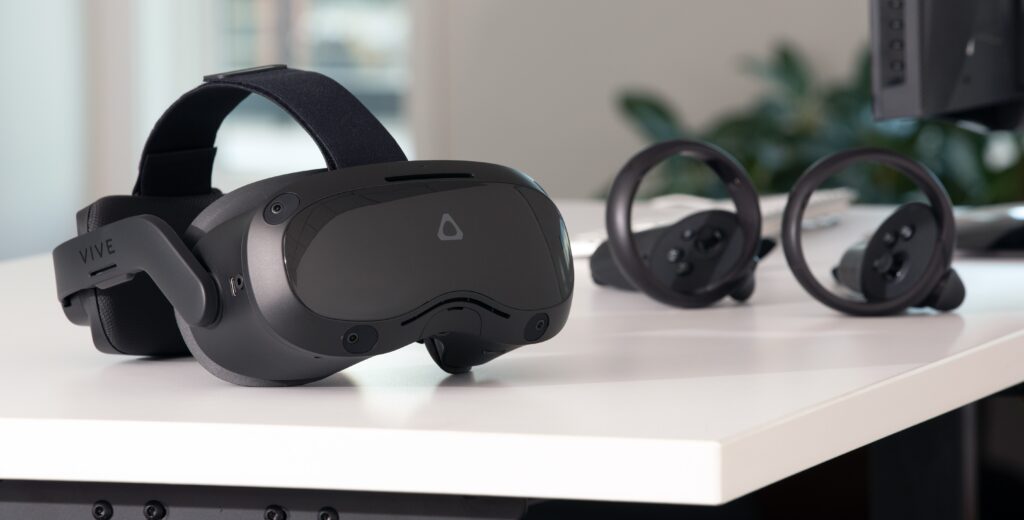This school year, Fisk University unveiled a new model of learning with students taking a Black Experience history course inside a virtual reality campus powered by T-Mobile 5G. Now, in celebration of Black History Month, college students at Fisk will take high school students from St. Vrain School District, located 1,100 miles away in Colorado, on an immersive journey through time.
Through virtual reality, students will experience some of the sights and sounds of the African American journey from slavery to freedom in the United States. The metaverse tour begins inside the virtual campus at Fisk, where students step back in time 180 years to tour the slave ship Amistad before jumping 130 years into the future to walk across the Edmund Pettus Bridge in Selma, Alabama, honoring a key moment in the American civil rights movement.
“For the first time in history, high school students from Colorado can stand on Edmund Pettus Bridge in Alabama, guided by college students in Tennessee and celebrate the American civil rights movement together, all thanks to VR technology and the digital campus we use for education,” said Dr. Brandon Owens, professor at Fisk University.
Fisk University, located in Nashville, Tennessee, is one of the top ranked HBCUs in the country. This year the university unveiled one of the first VR campuses in the nation. This innovative model for learning combines the in-person classroom experience with T-Mobile 5G-powered VR technology, enabling students to take history as well as anatomy and physiology courses inside a virtual campus while still engaging with their classmates and instructors.
5G is Transforming Education
Students at Fisk University use HTC VIVE’s wireless all-in-one headset, VIVE Focus 3, to learn inside the virtual campus developed by VictoryXR using the Unity real-time 3D platform. The VR campus runs on T-Mobile’s Ultra Capacity 5G network, which provides the low latency, high capacity and speed needed to run bandwidth-intensive VR applications for a classroom of students simultaneously. With T-Mobile 5G, the experience offers high-definition graphical detail, while the low latency of 5G keeps the experience concurrent for multiple users, making sure the whole class stays in synch.
"Previously, this type of high-bandwidth VR experience could only be possible with a high-quality WiFi connection," said John Saw, EVP of Advanced & Emerging Technologies at T-Mobile. "But now, a high capacity 5G network can bring speeds that are just as fast or faster than WiFi, and this capability is only going to get better as 5G continues to evolve."
Education is one of many industries being transformed today by 5G. Just like smartphone apps built on 4G networks revolutionized the mobile economy in ways no one could have predicted, the same is true with 5G, but with innovation expected at a much greater scale across all industries. Fueling this innovation is one of the many reasons T-Mobile is building the largest, fastest and most advanced 5G network in the country. Learn more about 5G.
###
5GNow is a content series from America’s leader in 5G. With 5GNow we share a first-hand look at the benefits of 5G today, and what’s coming next, highlighting the real-world ways 5G is improving our lives and keeping us better connected.
